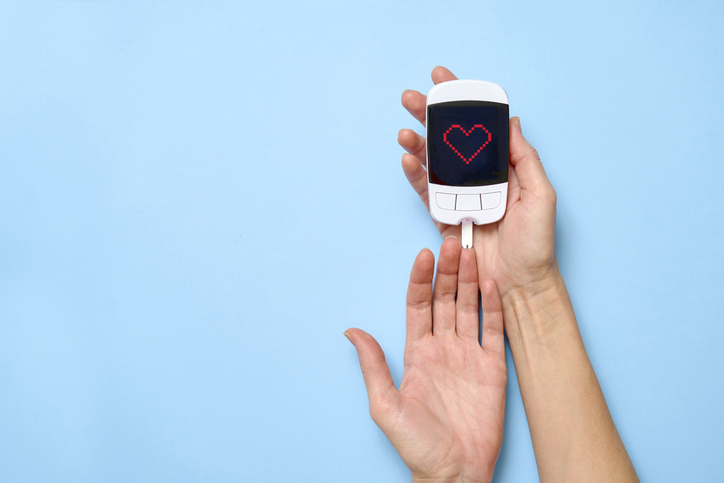A spinout company from the University of Dundee has developed a program called “Diabetes and Ramadan” to help Muslims with diabetes to safely fast during Ramadan.
MyWay Digital Health produced the program to address the increased risk of health complications faced by Muslims with diabetes during the holy month.
The complications, which include low blood sugar, diabetic ketoacidosis, and dehydration, can be mitigated by promoting self-management and awareness of the risks associated with fasting.
But there is a lack of awareness among patients about these concerns, while healthcare professionals may not fully grasp the impact of Ramadan on individuals with diabetes.
MyWay conducted a successful pilot of the program before Ramadan 2022, with positive feedback from both patients and healthcare professionals.
It has now created two free online courses – one for Muslims with diabetes observing Ramadan and another for healthcare professionals – on how to manage diabetes during Ramadan.
These courses are available in English, Malay and Arabic. Other resources include self-directed online content and live Q&A session.
Diabetes and fasting
The courses were developed by MyWay in partnership with Diabetes and Ramadan International Alliance, a non-profit venture that aims to reduce health inequalities through access to healthcare information.
Other collaborators include the University of Edinburgh, the University of Putra Malaysia, the British Islamic Medical Association (BIMA), and multiple UK health boards.
Dr Salman Waqar, President of BIMA, said, “The holy month of Ramadan is extremely important to Muslims around the world. It is a month of much benefit but for some people, such as those with diabetes, there are obstacles to navigate.
“It is not only patients who may not know how to best adapt. Doctors, nurses, and other health professionals may not understand all the issues around Ramadan, especially in a country like the UK where Muslims form a minority, and professionals may not have been taught this in their training. Put all together, this can lead to inequalities in how Muslims with diabetes experience healthcare.
“That is why we were delighted to work with MyWay Digital Health on this project and to help address disparities.”
The self-management of diabetes holds the potential to enhance patients’ quality of life and save health services millions of pounds annually.
Diabetes research has mainly focused on white populations with European ancestry, leading to health disparities.
The University of Dundee is involved in efforts to address these disparities. In one example, it found distinct forms of type 2 diabetes in South Asians, an important development that directly affects treatment and prognosis.










